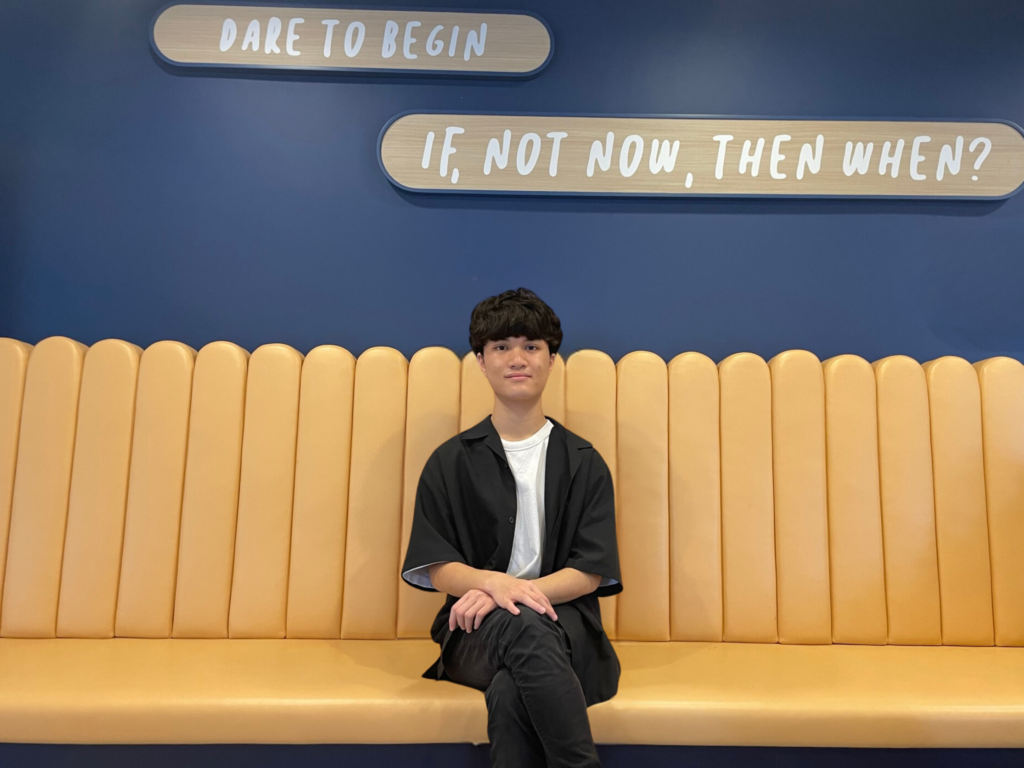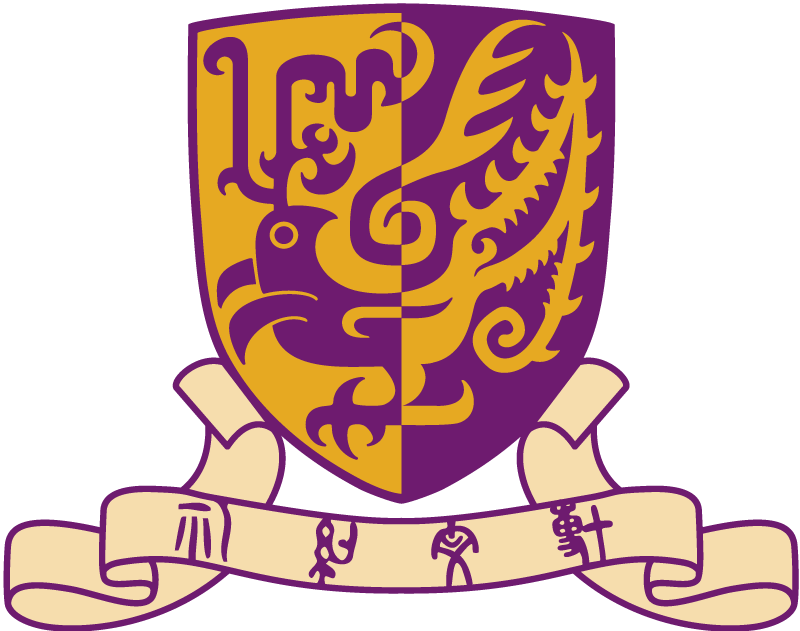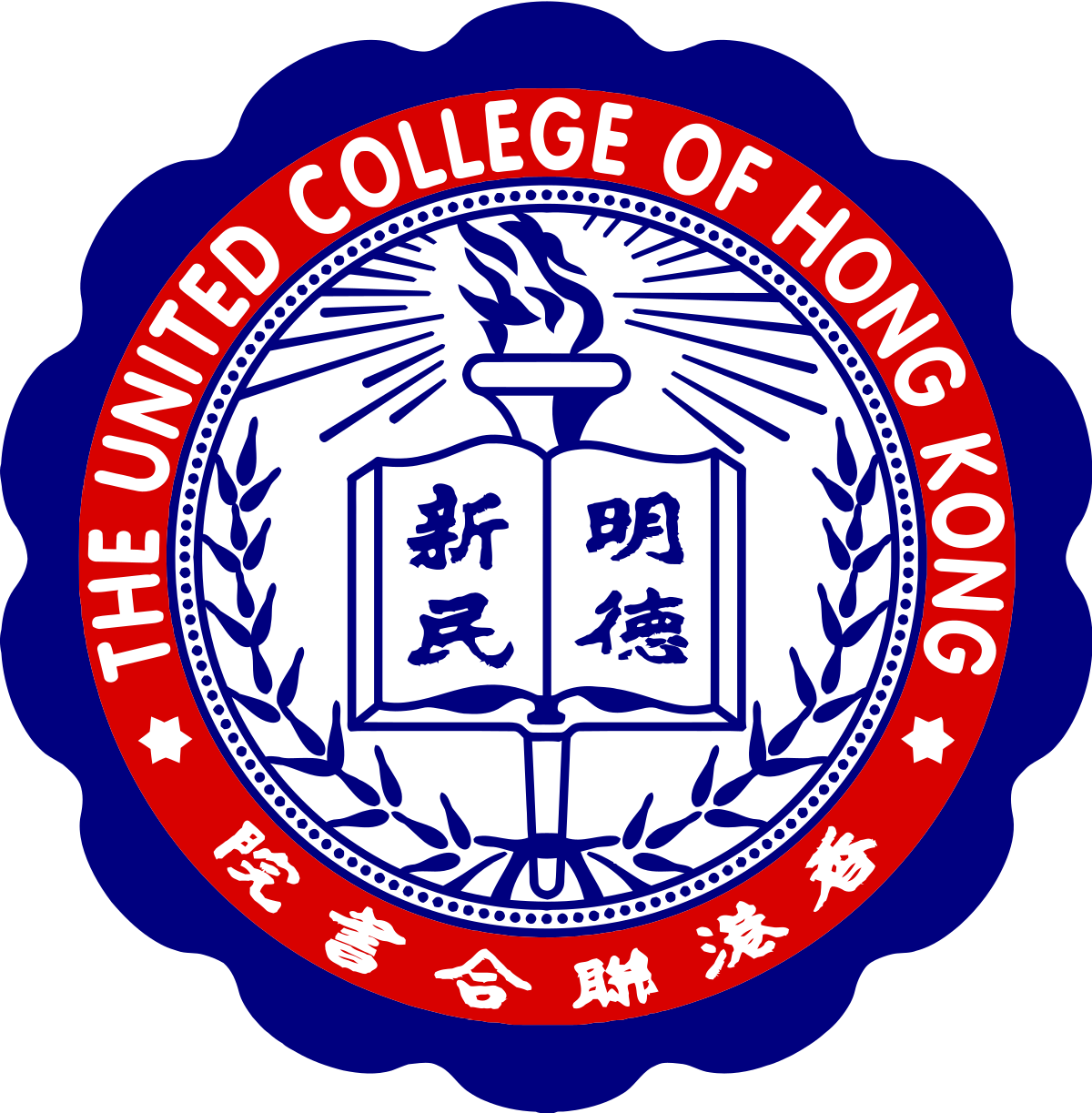未畢業先創業 — 解剖陳施諾的成功之路
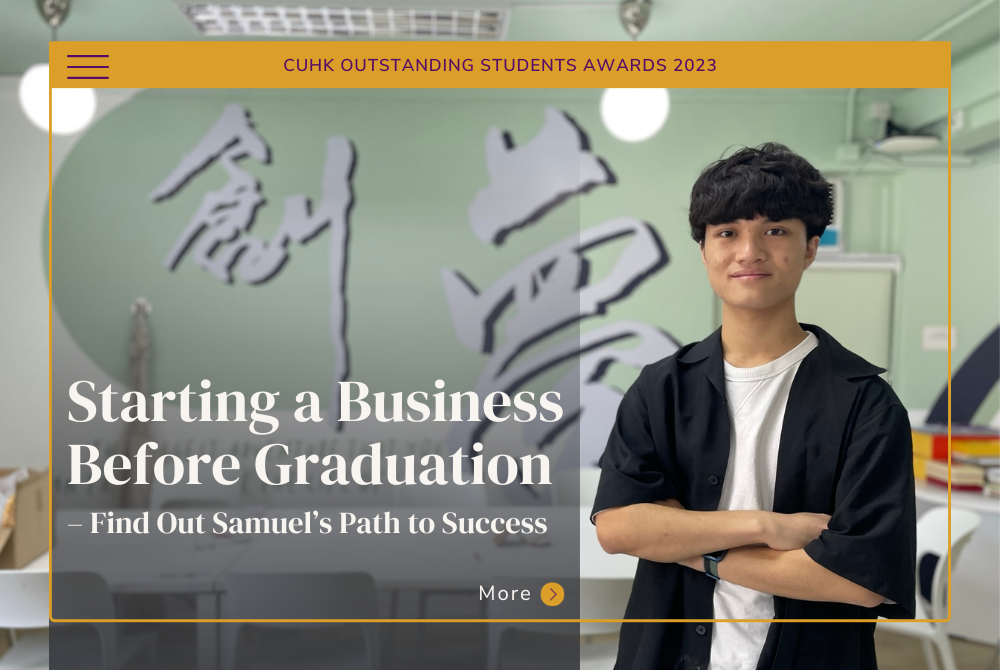
計算機科學五年級生陳施諾(Samuel)在大學生中嶄露頭角,最近獲中大頒發2023年傑出學生獎:創新及發明獎項。他帶領由六位中大學生成立的創業團隊 OAO Limited,通過創新的 GIMII 平台,以 3D 掃描的形式保存器官標本,鋭意改變全球對解剖學的認知和教學方式。短短兩年間,Samuel 以及 GIMII 平台已經和中大醫學院和中醫藥學院合作,為創立世界上第一個 3D 標本圖書館奠定基礎,繪畫解剖學中互動教學的全新輪廓。
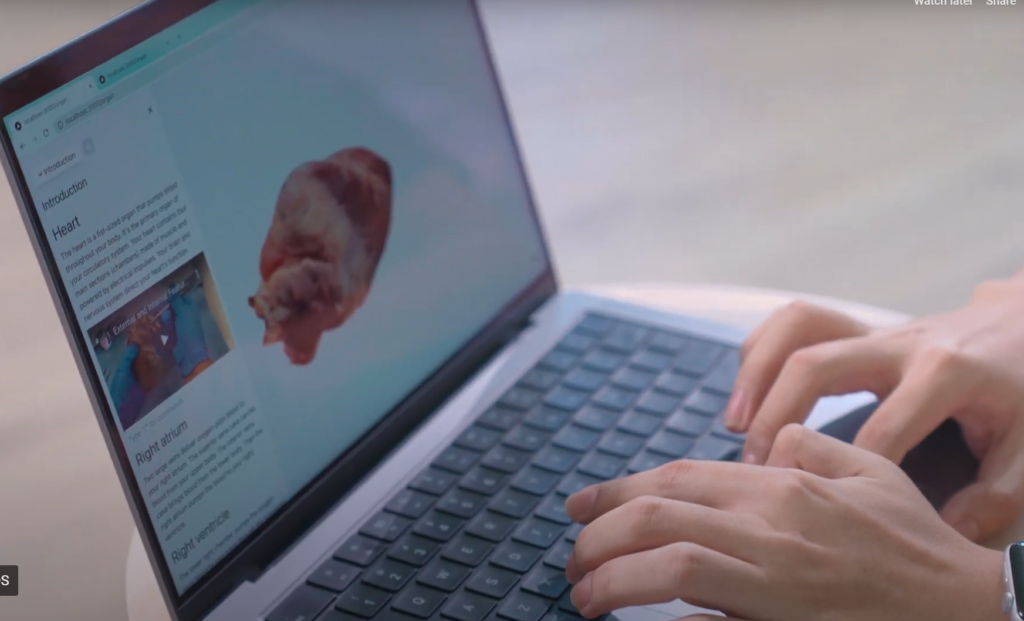
GIMII是一個高解像度和高準確性的真實3D器官模型平台,這個高互動性的協作渠道除了清楚展示不同身體系統和器官之間的關係,更備有筆記及嵌入圖片和影片功能,提高學習效率。
實習成就創業路
對於大學生而言,尋找不同類型的實習機會是家常便飯。Samuel 萌生創業的念頭,也是源於實習經歷。「在大一和大二時,我大部分時間都在科學園的初創公司實習,令我熟習初創公司大概的營運模式。」而修讀計算機科學的 Samuel,由對解剖學感興趣到研發 GIMII 平台,和在香港中文大學圖書館擔任學生助手息息相關。「我負責標本的 3D 掃描工作,有機會進入解剖實驗室,親眼目睹手術和解剖的過程。這些經歷引發了我對這一領域的好奇心。甚至有一次我有機會觸摸一個肺部,或交由我進行手術。這些體驗非常難得,我希望能夠繼續參與其中。」後來當他得知圖書館希望讓學生查閲經過3D掃描的標本,甚至建立一個相關平台時,Samuel 和一群朋友開始討論,「為什麼我們不試著創立一家滿足這個需求的公司呢?」
決定的過程,沒有想像中嚴肅:「當時只是一群好友聚在一起『打邊爐』、閒聊,然後忽發奇想,為何不付諸行動呢?於是我們在深夜匆忙製作一份 pitch deck 交給中大,然後他們竟然接受了。而且我還發現大學實際上提供了很多創業資金支援,所以我們就決心試一試,反正也沒有甚麼損失。」
而最後由六人組成的團隊,以 Samuel 任職的 CEO 為首開始嘗試。「一開始時,我記得我負責幾乎全部的工作,但後來太辛苦,慢慢學會分工合作。我們所有人都來自不同學科,修讀 AI 的同學負責撰寫程式,修讀Business 的當然負責商業有關的工作。事實上,其餘五位夥伴現在已經可以完成大部分工作,而我則負責監督大家的進度,訂立目標。
由一張辦公桌到一間辦公室
大學生,年輕是其中一個本錢,在創業路上可以尋求大學或書院提供的支援,例如訪問當天身處的PI Centre,就為學生或教授提供了創業基地。然而,他們也常要面對不少質疑,Samuel也不例外:「有次在中大,我向一位教授請教,但對方認為這些東西很無用、低能。對於這樣的看法,我沒有感到太沮喪,畢竟這只是他的個人意見。回過頭來,我更下定決心要證明給他看我們的價值。」Samuel坦言在創業路上聽過很多這類意見,還有來自教授和投資者的質疑,但這些都能指出了實際操作上的一些問題,讓他們走得更遠。
兩年過去,質疑或許依然存在,但在埋頭苦幹下,GIMII 平台早已為 Samuel 以及他的團隊帶來多個獎項和合作機會,例如在 Vice-Chancellor’s Cup of Student Entrepreneurship (VCCE) 校長杯獲得第一名。但提到最有成就感的一刻,反而是公司在科學園擁有自己的辦公室。「這種成就感是最大和實在的,從一開始,我們從未想過會由 PI Centre 的一張辦公桌,發展到擁有自己的辦公室。」
展望將來,Samuel 並不滿足於此:「我們目前專注於醫學領域應用 GIMII,正在進行西醫和中醫的相關工作。未來我們希望能夠擴展到其他領域,不僅僅限於人類,可能還包括動物方面。這個領域存在著廣泛的需求,可能涉及到獸醫甚至中學 STEM 等領域的應用,這是我們短期內清晰的目標。」
